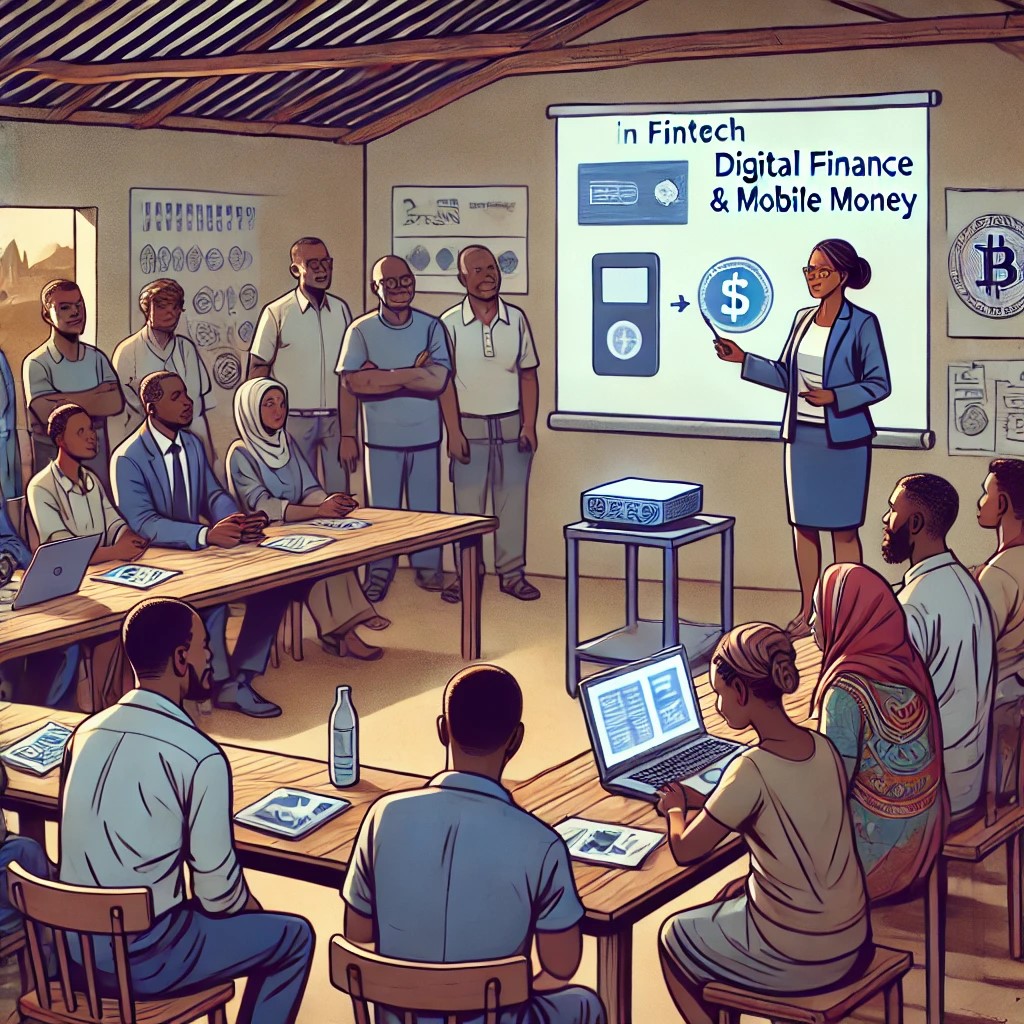In the financial sector, the rise of fintech has revolutionized traditional banking, investment, and economic interaction on a global scale. Among the most transformative impacts of fintech is its integration into the microfinance industry, significantly advancing financial inclusion and development in underserved communities. This article delves into how fintech is reshaping microfinance and what future developments we might expect from this synergy.

1. Expanding Financial Inclusion:
Microfinance traditionally targets low-income individuals or communities that lack access to conventional banking services. Fintech has drastically expanded the reach and efficiency of these services by providing digital solutions that bypass geographical and logistical barriers.
Current Trend: Mobile banking apps, peer-to-peer lending platforms, and digital payment systems are now commonplace in regions where access to traditional banking is limited. These tools allow users to perform transactions, receive loans, and manage their finances with just a few clicks on their mobile devices.
Future Prediction: As mobile penetration deepens and internet access expands, fintech will likely bring microfinance to even more remote areas, significantly boosting global financial inclusion.

2. Reducing Operational Costs:
Fintech has been instrumental in lowering the costs associated with microfinance operations. Digital platforms reduce the need for physical branches and paperwork, which in turn lowers the costs of delivering financial services to the end-user.
Current Trend: Many MFIs are transitioning from paper-based systems to fully digital operations, which helps to cut down on overhead costs and streamline processes.
Future Prediction: The cost-efficiency of microfinance services will continue to improve as technology advances, potentially reducing interest rates and making financial services more affordable for the poor.
3. Improving Payment Systems and Remittances:
Fintech has also revolutionized how money is sent and received, particularly in the context of international remittances. Digital remittance services have made it cheaper and faster for migrants to send money back to their home countries, which is often a crucial component of microfinance ecosystems.
Current Trend: Blockchain technology is being explored as a means to further reduce the costs and increase the speed of remittances.
Future Prediction: Blockchain could become a standard technology for remittances in the microfinance sector, providing a secure, transparent, and cost-effective means of transferring funds globally.

4. Promoting Financial Literacy and Empowerment:
Education is a critical element of financial inclusion. Fintech tools not only provide financial services but also offer educational resources to help users understand and manage their finances effectively.
Current Trend: Many fintech apps now include tutorials, budgeting tools, and real-time financial advice.
Future Prediction: Fintech will likely play a crucial role in financial education, using interactive and personalized learning approaches to empower users worldwide.
Conclusion:
The integration of fintech into microfinance has proven to be a powerful driver of economic development and financial inclusion. By providing innovative financial solutions that are accessible, affordable, and user-friendly, fintech is setting the stage for a more inclusive financial future. As technology continues to evolve, the potential for fintech to further transform microfinance and support global development is immense.






